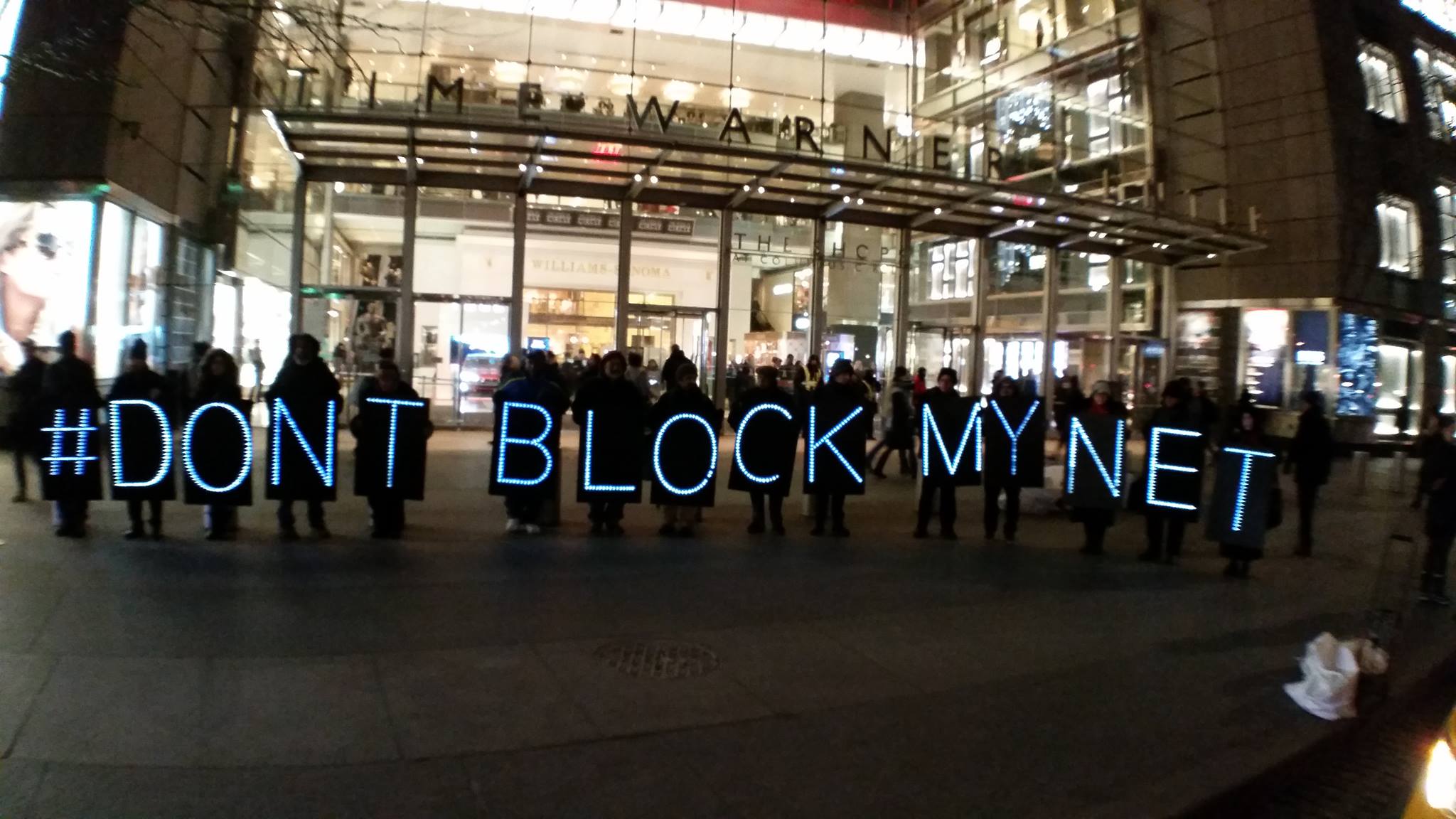Net neutrality has been a prominent topic as of late, with a variety of news outlets running articles on the situation. There have been several petitions made in an attempt to convince the Federal Communications Commission (FCC) not to repeal the current net neutrality laws as well as large scale cries to action on social media platforms such as Twitter and Reddit, but it may not be enough. To begin, however, let us take a look at what exactly net neutrality is and what an end to it could mean for America.
Net neutrality is the principle that all data available on the internet must be treated equally and without bias, that the internet is an open platform, and that even the smallest websites should be given a chance to compete in the market. In a world without net neutrality, service providers would theoretically be able to charge more for certain content, limit users’ bandwidth, and throttle speeds on competing websites.
This is particularly problematic in America, as many regions will not have a choice about which service provider they use. There will often be only one choice of internet provider in an area, meaning that no matter how unsatisfactory the service they provide, Americans have to stick to it. Comcast and Verizon – the most prominent providers – now have a monopoly on the market.
Imagine, for example, that a television series is available to watch on a platform owned by Comcast. In a world with net neutrality, this series is in open competition with series’ available on other platforms such as Amazon or Netflix. With net neutrality regulations rolled back, however, Comcast would be free to throttle speed on competing websites while increasing streaming speeds on their own services, creating what is referred to as a slow lane and a fast lane for web content.
It must also be taken into account the fact that Ajit Pai, the current chairman of the FCC and the man at the helm of the anti-net neutrality ship, formerly held a prominent position at Verizon, one of the companies with the most to gain from the death of net neutrality in America. Pai and other anti-net neutrality proponents claim that net neutrality regulations are outdated and discourage smaller companies from competing for success and that without these regulations, businesses and investors would be more incentivised to compete and more opportunities to thrive.
For a look at what the internet may look like with no net neutrality, one need only examine the internet of Portugal, where citizens must pay for packages that allow them access to different services: one package for email, one for music, one for video streaming, etc.
On 14 December 14, the FCC will vote on whether or not to repeal net neutrality, and, despite the extreme public backlash, the repeal is expected to pass the vote. As the day of the vote grows nearer, and the story garners more and more media attention, Ajit Pai has become one of the most hated figures in America and has reportedly been subject to harassment and death threats. While death threats are never a solution to a problem, it is clear that the American public cares deeply about the issue.
Expect to hear more about net neutrality, Ajit Pai, and the unfair monopoly of service providers such as Comcast and Verizon in the coming weeks. If net neutrality regulations truly are going to be repealed, the way American citizens use the internet may soon drastically change.
Image: Bcakbone Campaign via Flickr

